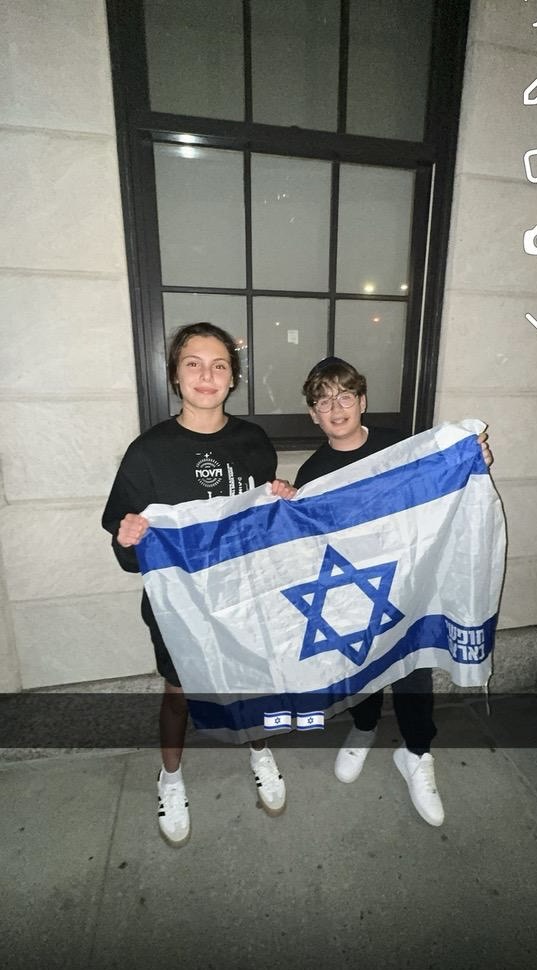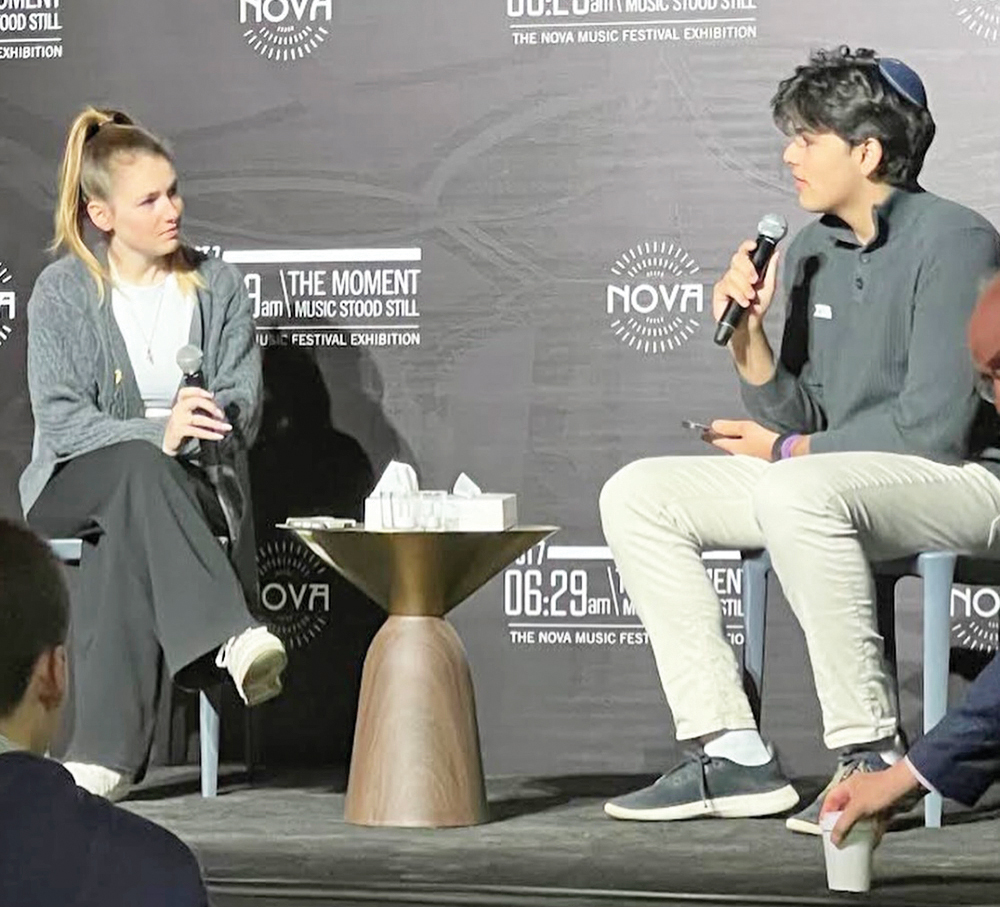Esav’s duplicity and evil are not the only things making Parshat Toldot particularly relevant for our times. One aspect of the parsha that speaks to the present situation is the traits that Yitzchak and Yaakov embody. Each of the avot is said to reflect one of several of Hashem’s traits: chesed, gevura and tiferet, strength and splendor.
Avraham is known for embodying the characteristic of chesed. This characteristic is of necessity characterized by activity. Avraham runs about to do chesed. Similarly, Rivka, in displaying chesed, acts with alacrity when, in last week’s parsha, she energetically gives water to Avraham’s servant and camels. In this week’s parsha she is the active, driving character pushing forward her agenda to ensure that Yaakov receives the blessing to continue her father-in-law’s legacy.
In contrast to Avraham’s and Rivka’s near perpetual activity, Yitzchak seems almost inert. Superficially it appears that Yitzchak is passive, but in fact he has an inner strength. Yitzchak embodies the trait of gevura. Yitzhak has staying power. He may not seek the limelight but when he acts, he acts with decisiveness. Yitzchak is thus similar to his mother. When Sarah appears on the scene, she appears displaying the characteristics of strength, determination and clarity. She knows what must be done and is steadfast and unstoppable. So also does Yitzchak not surrender. For example, he does not give up on efforts to dig wells. He persists in his efforts until it is the Plishtim who give up and choose to no longer contest his efforts.
Yaakov, we are taught, represents the trait of tiferet. This trait is the combination of chesed and gevura. Yaakov is the synthesis of his forebears. Similarly, each of his primary wives, Rachel and Leah, represent, respectively, the contrasting characteristics of chesed and gevura. The avot and imahot combine to create a perfect balance. They form the Golden Path or Golden Mean of which Rambam speaks. It is this middle path, this blending of chesed and gevura, that diminishes neither and perfects both, making Yaakov the perfect man, the איש תם.
The IDF and the State of Israel are displaying the trait of tiferet. They are showing gevura in recovering from the terrible blow of October 7, and by refusing to yield to world pressure to cease operations that would allow Hamas to lick its wounds and renew its strength and evil. At the same time, the IDF and the State of Israel are showing chesed, doing more than any other army would to protect civilians. The Jewish people today are also following the example Yaakov set for us, (Vayishlach 32:813), undertaking both physical and spiritual preparedness, preparing for war and praying to Hashem. This lesson of success through spiritual devotion is also apparent in this week’s parsha.
Look at the incident of the wells. In verses 26:19 to 26:21, Yitzchak’s servants dig new wells. The Plishtim quarrel with them over these wells. It is only when Yitzchak himself digs a new well is he able to retain control over the well (26:22). What is often overlooked is that in 26:18, Yitzchak re-dug the wells his father Avraham dug, and even named them the same as did Avraham. Although we read that the Plishtim had destroyed those wells after Avraham’s death, we do not read of there being a dispute after Yitzchak digs them anew. When Yitzchak moves to Beer Sheba, the area that had been Avraham’s residence, Yitzchak’s servants again dig a well and it is thereafter that the Plishtim come and seek peace with Yitzchak. In considering these events we must recall that back in verse 19, when we first read of Yitzchak’s servants finding water, that water is referred to as מַֽיִם־חַיִּ֖ים “living waters.” Torah, is מַֽיִם־חַיִּ֖ים.
The lesson is simple. If we remain true to the mesora, if we dig into the depths of Torah, to our source of life, to the living waters, the מַֽיִם־חַיִּ֖ים, we will endure the assaults of our enemies and cause them to sue for peace.
William S.J. Fraenkel received a Bachelors of Arts in Religion and a law degree from NYU and served as a Board member and officer of several orthodox shuls. The opinions expressed in this dvar Torah are solely his own.












